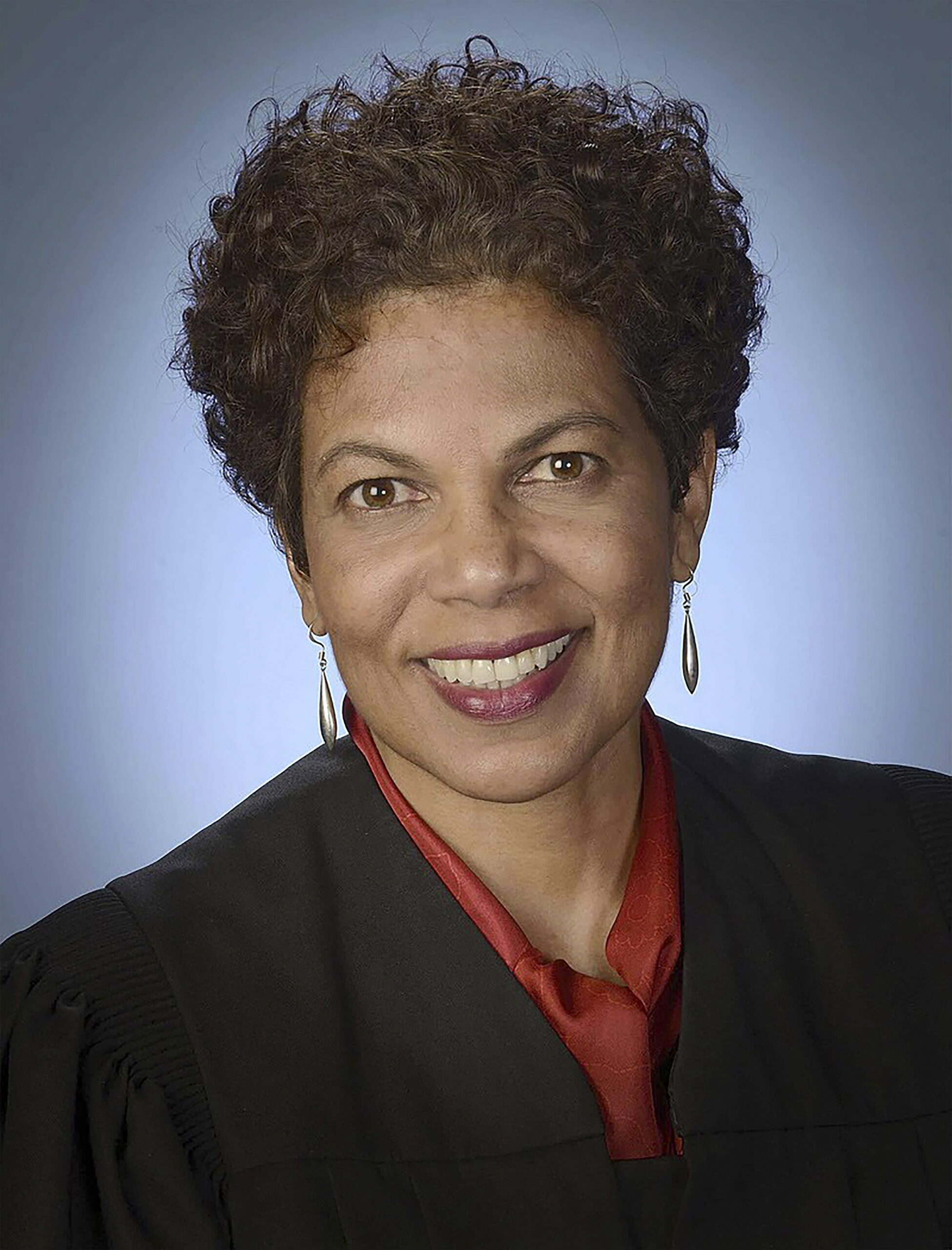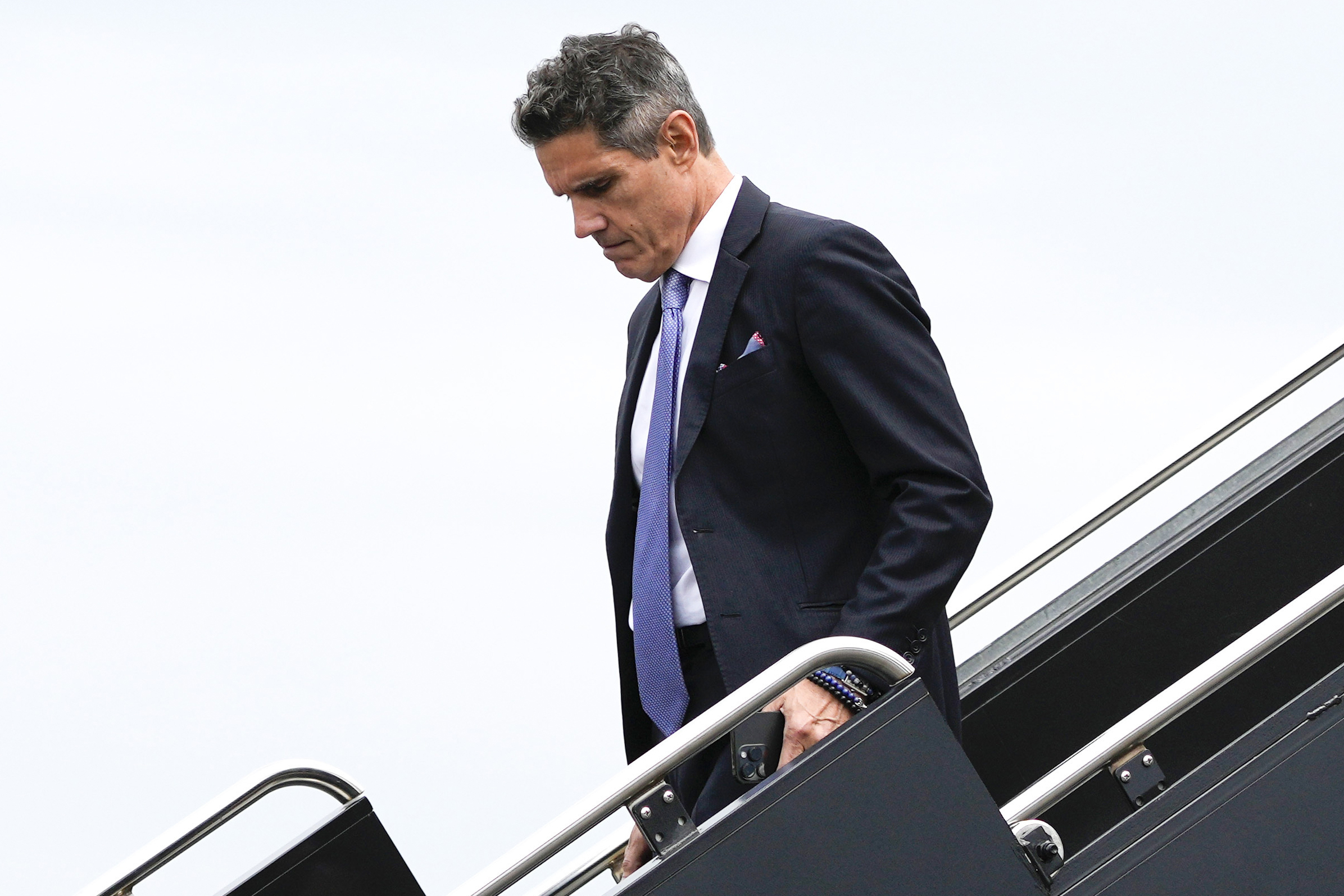A federal judge on Friday refused to accept the government-proposed protective order in former President Donald Trump‘s Jan. 6-related indictment and instead sought to find a middle ground on communication restrictions on the case.
United States District Judge Tanya Chutkan said at the start of the hearing that she is prepared to rule immediately on some of the defense’s proposed revisions and plans to issue a protective order “as quickly as possible” after the hearing.
INFLATION TICKED UP TO 3.2% IN JULY IN SETBACK FOR BIDEN AND FED

“While I intend to ensure that Mr. Trump is afforded all the rights that any citizen would have, I also take seriously my obligation to prevent [what the Supreme Court has called] a carnival atmosphere of unchecked publicity and trial by media,” Chutkan said.
“This case is no exception,” she added.
Lawyers for the government and Trump’s team debated the scope of a protective order governing evidence that prosecutors say proves Trump conspired to overturn the 2020 election, interrupt Congress, and impede on people’s right to have their vote counted.
In seeking the protective order, special counsel Jack Smith’s team pointed to a post on Trump’s Truth Social platform in which Trump said he would be “coming after” those who “go after” him. Prosecutors suggested that Trump could attempt to share secret grand jury information that could have “harmful chilling effects on witnesses.”
Chutkan said it was a “close” decision but she wasn’t convinced that the government had shown all information gathered in the case would fall under the protective order, a move that went against Smith’s team. She ruled that only information designated as “sensitive” should be protected.
However, she did broaden the definition of “sensitive” discovery materials to include all recordings, transcripts, and reports of witness testimony, going against Trump’s request in part.
Although Chutkan, an appointee of former President Barack Obama, was amenable to some of the edits to the protective order requested by Trump’s team, she noted that Trump did not have absolute free speech protections.
“The defendant has the right to free speech, but that right is not absolute,” Chutkan said early in the hearing. “Without a protective order, a party could release that info to the jury pool.”
And citing recent “inflammatory” comments Trump has made on social media, Chutkan appeared to warn the former president toward the end of the hearing.
“The more a party makes inflammatory statements … the greater the urgency will be that we proceed to trial quickly. I will take whatever measures necessary to safeguard the integrity of these proceedings,” the judge said.

Attorneys for Trump in the room included Todd Blanche, John Lauro, and Greg Singer. Prosecutors from the special counsel’s office in the room included Molly Gaston and Thomas Windom, and Windom did the majority of the talking on Friday.
Lauro spoke repeatedly about the “enormous burden” his client was facing with multiple ongoing cases, including a separate federal case over his alleged mishandling of classified documents along with a criminal case in New York and a looming indictment in Georgia.
Windom vehemently pushed back on the notion that Trump should be allowed to review the materials accessible in the case alone, remarking on Trump’s “tendency” to hold onto materials.
“The defendant, when he only has the material to himself, could elect to photocopy or otherwise reproduce, take a picture of the sensitive materials … He has shown a tendency to desire to hold onto material he knows he should not have,” Windom said.
Lauro said that the “bottom line” is to have a system for Trump to review the materials that don’t stretch the defense thin.
“In 40 years of practice, I’ve never seen a white-collar case where counsel has to sit next to a client and literally babysit to make sure they don’t violate a protective order,” Lauro said.
But Chutkan said that Lauro’s argument was undercut because Trump had already agreed with a provision of a protective order in the Florida case for his attorneys to be in the room with him.
CLICK HERE TO READ MORE FROM THE WASHINGTON EXAMINER
The judge ultimately compromised, allowing Trump to review the materials by himself but noted that counsel must review any notes Trump takes to ensure no personal identifying information is retained.
Trump won’t be allowed access to electronic devices while reviewing the materials.
